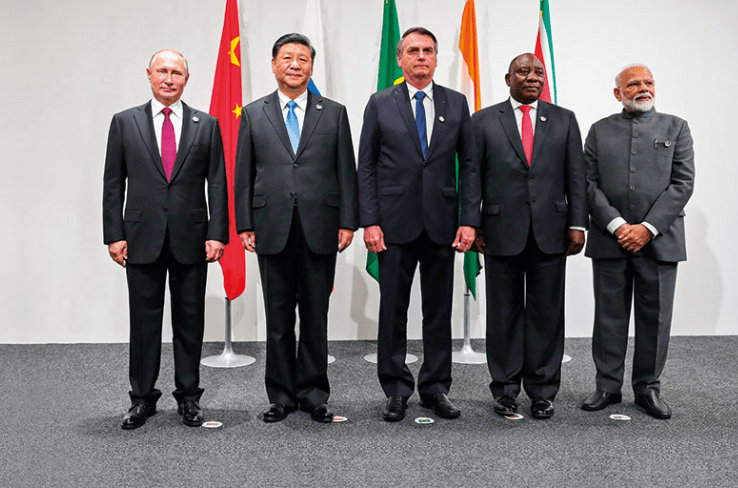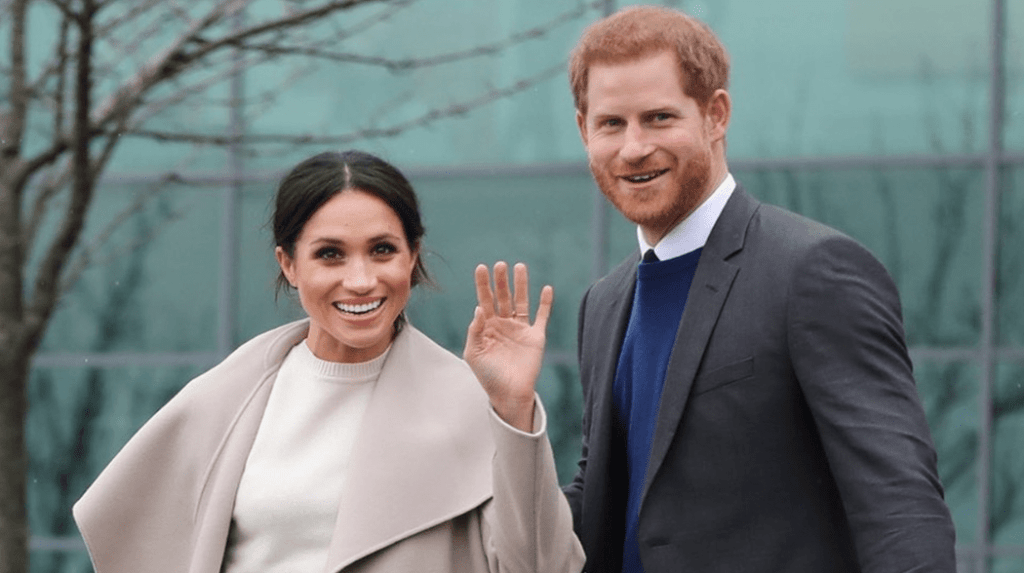Egypt, Ethiopia, Iran, Saudi Arabia, and the United Arab Emirates are joining the BRICS alliance, according to South Africa’s Foreign Minister, Naledi Pandor.
This decision follows their invitations, along with Argentina, at a summit held in Johannesburg last August, where they were invited to join existing members, namely Brazil, Russia, China, India, and South Africa.
The inclusion of these five nations is seen as a strategic move by BRICS members to reform what they perceive as an outdated global order.

However, Argentina has opted not to join the coalition after initially being invited.
“With respect to the BRICS confirmations, five out of the six have confirmed. That is Saudi Arabia, UAE, Ethiopia, Iran … and Egypt,” Pandor said at a news conference on Wednesday.
“Argentina has written to indicate that they will not act on this successful application by the previous administration to become full members of BRICS, and we accept their decision.”
What is BRICS?
BRICS, originally coined as BRIC in 2001 by former Goldman Sachs chief economist Jim O’Neill, initially excluded South Africa.
O’Neill’s research paper highlighted the growth potential of Brazil, Russia, India, and China. The bloc, officially founded in 2009 as an informal club, emerged as a strategic platform for member nations to challenge the prevailing world order, which was predominantly led by the United States and its Western allies.
Russia played a pivotal role in initiating its creation.
Unlike formal multilateral organisations such as the United Nations, World Bank, or OPEC, BRICS operates as an informal coalition.
The heads of state and government from its member nations convene annually, with each country assuming a one-year rotating chairmanship.
The founding members, Brazil, Russia, India, and China, were later joined by South Africa in 2010, marking the expansion of the group to BRICS. Collectively, these nations account for over 40% of the global population and a quarter of the world economy.
BRICS focuses not only on geopolitics but also on economic cooperation, multilateral trade, and development.
The group operates by consensus, and all its members are part of the G20, a forum comprising major economies.
Numerous nations, including Iran, Algeria, Bolivia, Indonesia, Cuba, the Democratic Republic of Congo, Comoros, Gabon, and Kazakhstan, have expressed interest in joining BRICS, according to South Africa, the 2023 summit chair.
These aspiring members see BRICS as an alternative to global bodies dominated by traditional Western powers, anticipating benefits such as development finance, increased trade, and investment.
The dissatisfaction among developing nations with the global order intensified during the COVID-19 pandemic, as life-saving vaccines were disproportionately accessed by wealthier countries.
Iran, with a significant share of the Middle East’s oil reserves, hopes for a swift decision on new membership mechanisms.
Saudi Arabia, a heavyweight in the oil sector, previously received backing from Russia and Brazil in its bid to join BRICS.
Bolivia, led by President Luis Arce, is set to attend the summit, actively seeking BRICS membership to reduce reliance on the U.S. dollar in foreign trade.
Algeria, rich in oil and gas resources, applied for BRICS membership in July, aiming to diversify its economy and enhance collaboration with China and other BRICS countries, including becoming a shareholder in the New Development Bank.

